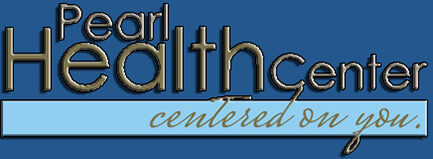Acupuncture is a safe, relaxing, and effective healthcare plan used to treat a wide variety of conditions. The list of treatable symptoms at the bottom of this page is by no means exhaustive, but provides a range of treatable symptoms that acupuncture can help. Oftentimes, patients come in with more than one problem that they are seeking help with, as acupuncture can address multiple issues in one sitting. More often than not, symptoms are interrelated, even if they seem to be separate matters. Acupuncture is good for musculoskeletal aches and pains, but is also very good for treating emotional imbalances, such as stress, depression, and anxiety. Treatments can be energizing, and can improve mental focus, yet can also be very calming and treat insomnia or other sleep disturbances. Many midwives and obstetricians recommend acupuncture to their pregnant patients, be it for sleep, back pain, or cervical ripening, and it can even help with turning breach babies. It is also rumored that women who get acupuncture during their pregnancies have calm, mellow babies.
What to expect:
Acupuncture sessions are usually completely painless, and once the needles are placed, it is common to fall asleep for the duration of the time needled. Typical treatments last anywhere from 15 to 90 minutes, and the general consensus is that anything over 20 minutes of needle retention time is beneficial. The needles used are disposable—they are used only one time and then disposed of in an approved Sharps container. It takes 13 acupuncture needles to equal the size of one needle used to draw blood—thus, they are very small! At the insertion site of the needle, one can experience a number of different sensations, from a sense of heaviness, an itching, a feeling like the entire channel is “lighting up,” or nothing at all. All of these experiences are normal. These treatments can be combined with any other bodywork, and can be very restful and restorative.
Common reasons to use acupuncture?
-relaxation
-feel more energized
-avoid illness/injury
-alleviate physical pain
-help think more clearly
-stop over-thinking (especially around bedtime)
-digestive issues including GERD and IBS
-used with conventional therapies/medications to augment and enhance
